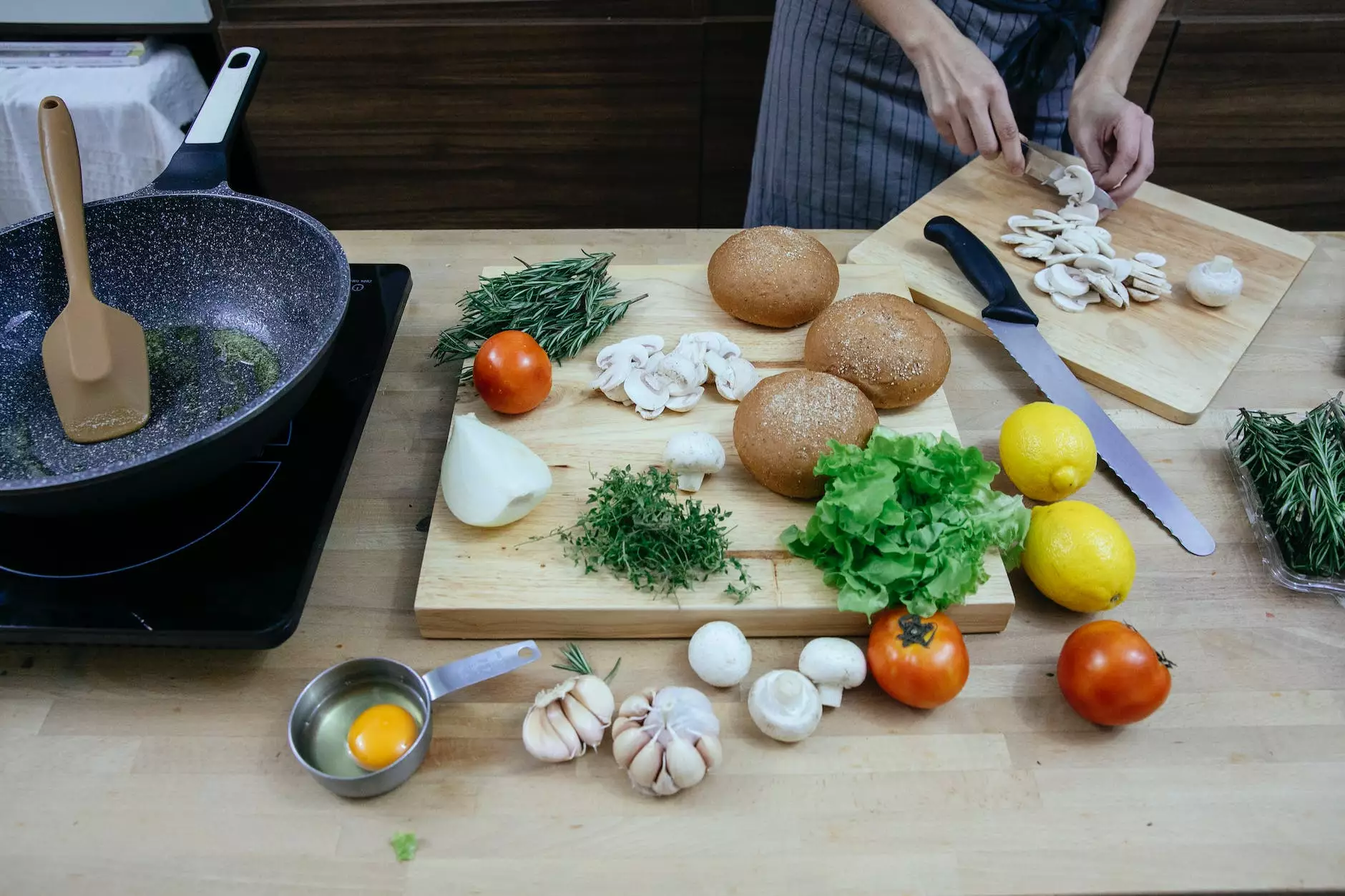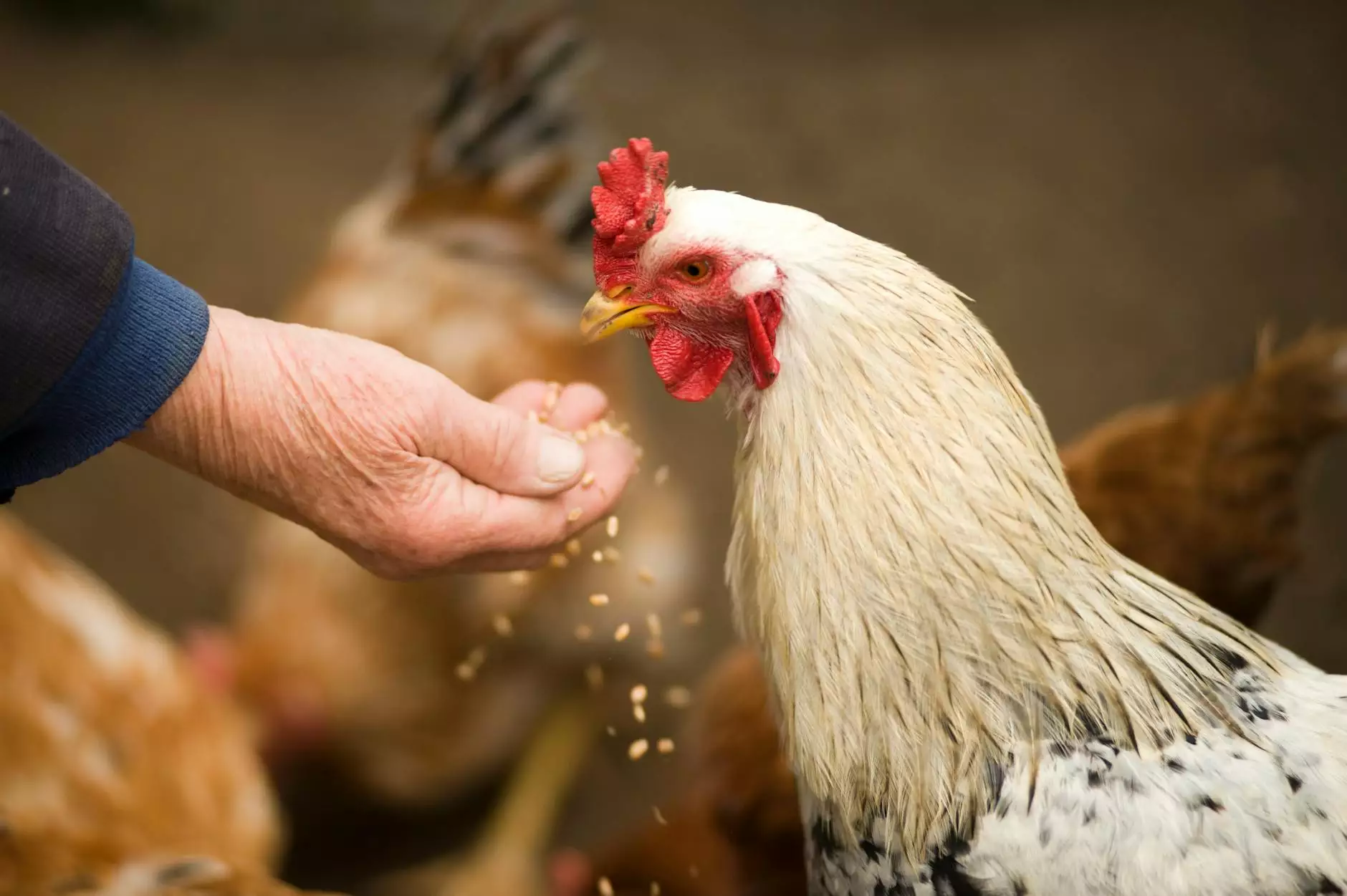What you should know about giving treats to your chickens
Blog
Introduction
As chicken owners, we always strive to provide the best care for our feathered friends. Among the various aspects of chicken welfare, their diet plays a crucial role in their overall health and well-being. While a balanced and nutritious diet is essential, treats can also be a great way to provide enrichment and rewards for your chickens. In this article, we will explore the ins and outs of giving treats to your chickens, including the best options and how to introduce them to your flock.
The Importance of Treats
Chicken treats serve several purposes in their diet. They can be used as a training tool, a means of enrichment, or simply as a special reward to strengthen the bond between you and your chickens. Additionally, treats can help encourage natural foraging behaviors and provide mental stimulation for your flock.
Choosing the Right Treats for Your Chickens
When it comes to choosing treats for your chickens, variety is key. Just like humans, chickens enjoy a diverse diet and benefit from a range of nutrients. Opt for treats that are specifically formulated for chickens and avoid those that may contain harmful ingredients or excessive additives.
Some popular and nutritious treats for chickens include:
- Mealworms: Rich in protein, mealworms are a favorite among chickens. They can be offered live, dried, or in treat forms.
- Fruits and Vegetables: Chickens love fresh fruits and vegetables such as apples, strawberries, carrots, and leafy greens. Make sure to cut them into bite-sized pieces for easy consumption.
- Grains and Seeds: Treats like cracked corn, sunflower seeds, and oats can be a great addition to your chicken's diet, offering extra energy and healthy fats.
- Herbs: Herbs like mint, oregano, and basil not only provide a tasty treat but also have natural health benefits for your chickens.
Introducing Treats to Your Flock
When introducing treats to your chickens, it's important to do so gradually. Sudden changes in their diet can cause digestive issues, so it's best to start small and increase the amount of treats over time.
Here are some tips for introducing treats:
- Offer treats alongside their regular diet, so your chickens understand that treats are an addition to their usual food.
- Monitor your chickens' intake and adjust the amount of treats accordingly. Be mindful not to overindulge them, as it can lead to obesity and health problems.
- Use treats as a tool for positive reinforcement during training sessions.
- Ensure treats are clean and fresh. Remove any uneaten treats from the coop to prevent spoilage and attracting pests.
Warning Signs and Limitations
While treats are a great way to enhance your chicken's diet, it's important to be mindful of their limitations.
Here are some warning signs to watch out for:
- Reduced appetite for their regular feed
- Unhealthy weight gain or obesity
- Diarrhea or other digestive issues
- Behavioral changes or aggression
If you notice any of these signs, it's crucial to reassess their treat intake and consult a veterinarian if necessary.
Conclusion
Treats can be an enjoyable and beneficial addition to your chicken's diet. By choosing the right treats, introducing them gradually, and monitoring your flock's response, you can ensure that treats provide the desired benefits without compromising their overall health. Remember, a balanced and varied diet, combined with appropriate treat offerings, will keep your chickens happy and thriving.










